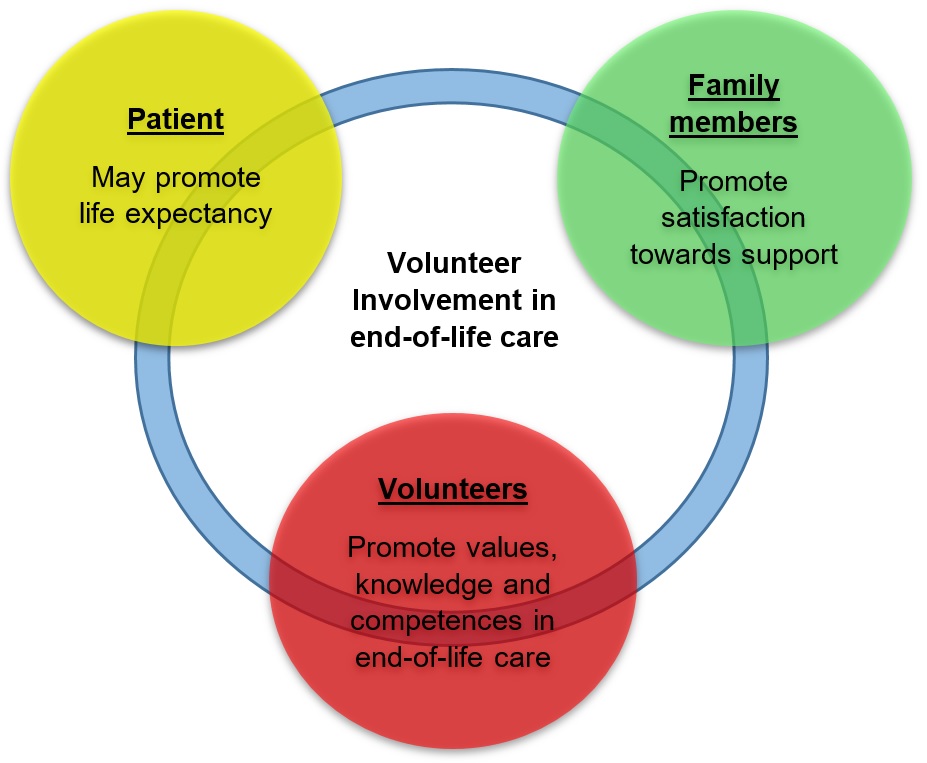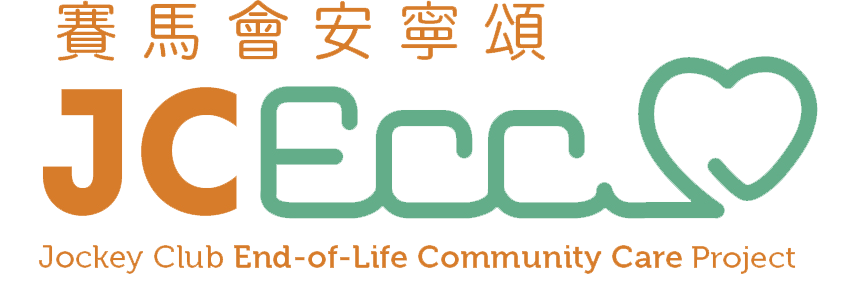
Impact
Oversea studies have showed that volunteers involvement in community end-of-life care services benefit terminally ill patients and their family members. In one study, it was found that patients who have received volunteer visiting services lived longer than those who have not received such services, whereas in another study it was reported that family members who have received end-of-life care volunteer services reported significantly higher service satisfaction as compared to those who have not received the volunteer services. Regarding to the impacts on volunteers, the evaluation on the community end-of-life care programmes of four NGO collaborators in the JCECC Project found that volunteers experienced significant improvement or showed an improving trend in knowledge, values, and competences in end-of-life care after 6 months of participation in the community end-of-life care programmes.

References:
Candy, B., France, R., Low, J., & Sampson, L. (2015). Does involving volunteers in the provision of palliative care make a difference to patient and family wellbeing? A systematic review of quantitative and qualitative evidence. International journal of nursing studies, 52(3), 756-768.
Herbst-Damm, K. L., & Kulik, J. A. (2005). Volunteer support, marital status, and the survival times of terminally ill patients. Health Psychology, 24(2), 225.



